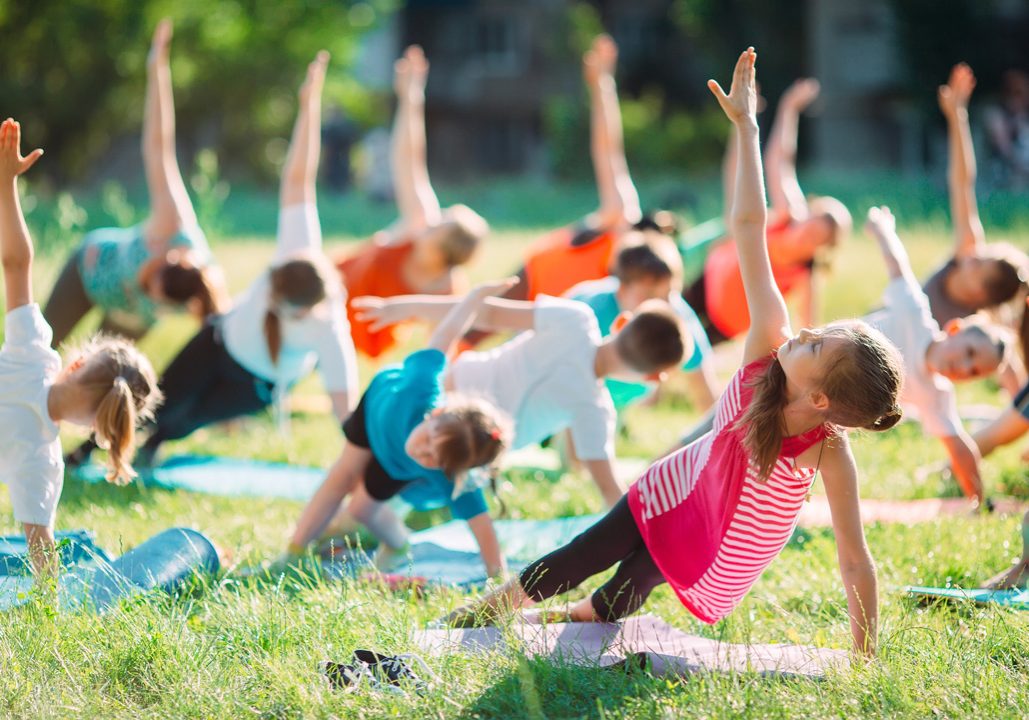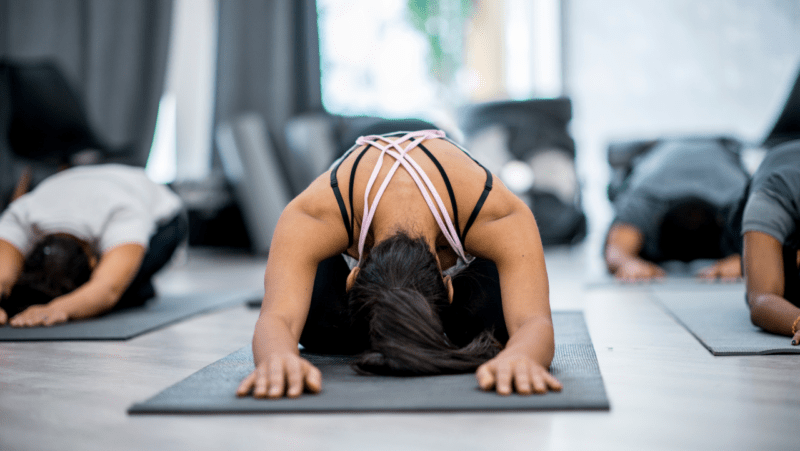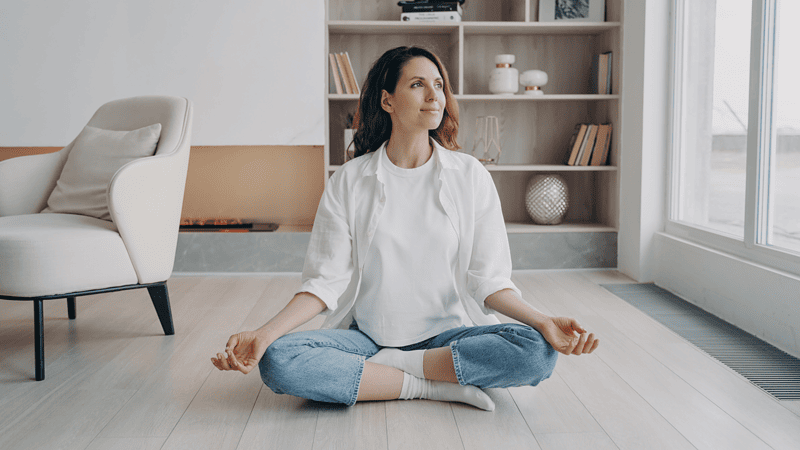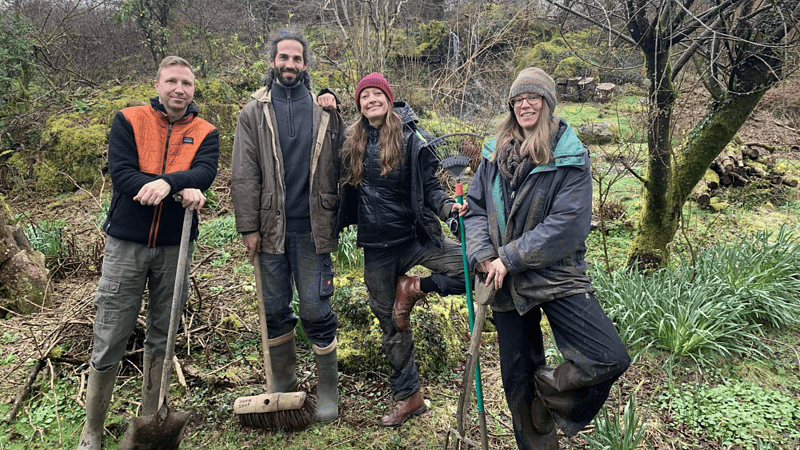
Emotional rollercoaster
The ups and downs of learning to teach yoga to children and teens. By Veronica Greene
Walking into a room to start a teacher training course is exciting! The first day of your new life, so why feel so nervous?
The first challenge to overcome, for most, is imposter syndrome. As the group sits around chatting, it’s my job to break down barriers; let everyone know that we all have something to offer as a yoga teacher to children or teens.
My courses tend to attract students from two distinct groups: yoga teachers who would like to offer classes to the younger generation and people who already work with the younger generation who would like to introduce the benefits of yoga.
As the introductions continue, the school teachers begin to worry that their lack of yoga training will be their downfall. As part of the introductions I make it clear that each of us is bringing something new and fresh to the table, or more specifically the yoga mat. Each student has been through an application process and wouldn’t be on the course if they didn’t have something to offer.
Then we do our first practical session: if it’s the 3–8yr course we may be crawling along the floor; the 8–12yr, some challenging partner work; and if it’s the Teen course it may be a plan to introduce the teens to some arm balancing.
At this point, the school teachers and youth workers recognise the language I use and begin to think “yes I can do this!” Whereas the yoga teachers may recognise the postures but are thinking, “that’s not like any class I’ve ever taught before!”
I’ll also explain that the course will be one huge emotional and physical journey. Simply showing up and attending will not make you a good specialist yoga teacher but fully committing to the experiences — all of them — will.
This emotional rollercoaster is exactly how our students will feel, particularly the teen group. As adults, we can use our brain to rationalise emotions and self soothe, but a teenager’s brain is rewiring and their rationalisation skills are not yet fully developed. To help develop healthy connections they need understanding teachers and mentors who can guide them to make sense of their reactions, even in a yoga class.
I also prepare them for the biggest emotion they will meet: fear. On the last day of the course, our small group of trainees will visit a local school. Here they will each teach their own class to the relevant age group. They are assured the worst that can happen is they will ‘freeze’ and I will step in and take over.
As the weekend progresses and we work through the syllabus they gain the knowledge and skills to develop successful class plans and how to manage and teach a class.
Anxiety and fear are later replaced by a huge sense of achievement, at having taught the first class, and excitement as to what the future holds. Teacher-students return home to one last emotion — exhaustion — but all agree the journey to be worth it!
Veronica Greene founded Little Greene Yoga and offers a Certified Children’s Teacher Training package (3-5yrs; 5-8yrs; 8-12yrs & Teens) (littlegreeneyoga.com)







